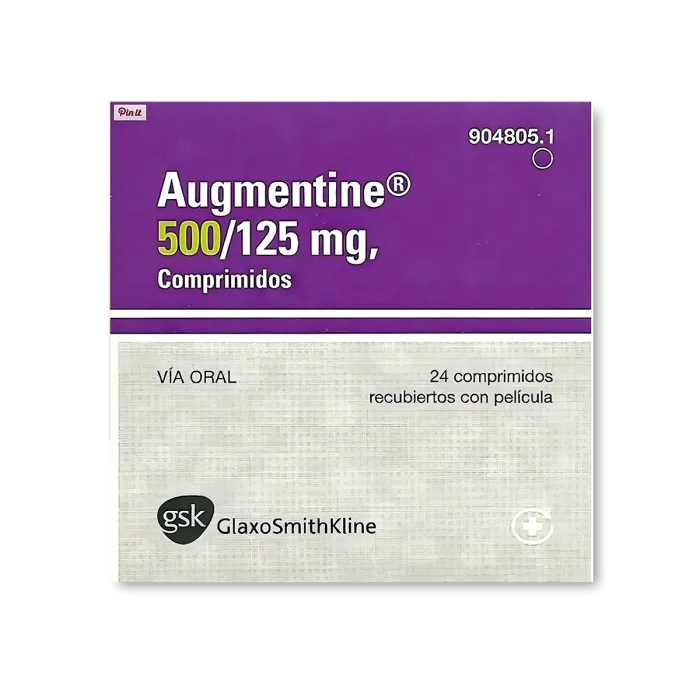Pelvic Inflammatory Disease (PID) is a common infection of the female reproductive organs, often caused by sexually transmitted bacteria.
Individuals with PID may experience pelvic pain and abnormal vaginal discharge.
Apart from these symptoms, an individual can experience the sensation of fullness and discomfort in their abdomen, making them wonder, does PID cause bloating?
This article discusses whether PID causes bloating, exploring the mechanisms, clinical evidence, and importance of this relationship.
Does PID Cause Bloating
Yes, Pelvic Inflammatory Disease (PID) can indeed cause bloating.
When the reproductive organs become infected due to PID, inflammation can extend to nearby structures, leading to swelling and discomfort.
Studies have shown that individuals with PID often experience bloating alongside other typical symptoms, such as pelvic pain and abnormal vaginal discharge.
The infection can disrupt normal bowel function, contributing to feelings of fullness and discomfort in the abdominal area.
It’s essential to recognize bloating as a potential symptom of PID and seek medical attention promptly for diagnosis and treatment.
Early treatment can help relieve bloating and prevent complications associated with PID.
Save up to 90% on your medicine bills

Augmentin 500/125 Mg

Azax 500 Mg

Cephadex 500 Mg

Norflox 200 Mg
Diagnosis Of PID
 Source: getty_images
Source: getty_imagesDiagnosing Pelvic Inflammatory Disease (PID) and associated bloating requires a careful evaluation by a doctor.
Doctors use a combination of medical history, physical examination, and laboratory tests to diagnose and treat medical conditions.
Your doctor may inquire about your symptoms, sexual history, and recent medical treatments.
A pelvic exam is often conducted to assess for signs of inflammation or infection in the reproductive organs.
Additionally, laboratory tests such as blood tests, urine tests, and swabs from the cervix may be performed to detect any underlying infections.
Imaging tests like ultrasound or MRI may also be recommended to visualize the pelvic organs and rule out other potential causes of PID bloating.
Treatment of PID
Treatment typically involves a combination of antibiotics to combat the underlying infection and relieve symptoms.
Additionally, addressing bloating may require dietary modifications, such as reducing gas-producing foods and increasing fluid intake.
Over-the-counter remedies like antacids may provide temporary relief from bloating discomfort.
In severe cases where complications like abscesses or scarring occur, surgical intervention might be necessary.
Patients must stick to prescribed treatment plans and follow-up appointments to ensure optimal recovery.
Conclusion
Pelvic Inflammatory Disease (PID) is an infection that affects the female reproductive organs.
PID can cause bloating due to pelvic inflammation that leads to fluid accumulation and abdominal swelling.
Pelvic Inflammatory Disease bloating needs medical evaluation, including history, physical and pelvic exams, and lab tests.
Imaging tests such as ultrasound or MRI may be used to diagnose bloating.
Treatment for bloating involves antibiotics and dietary modifications. Antacids can also provide temporary relief.
In severe cases with complications, surgery may be necessary.
Early diagnosis and treatment can help prevent complications such as infertility and chronic pelvic pain.

Frequently Asked Questions
Can PID lead to other reproductive health issues?
Yes, untreated PID can lead to serious reproductive health issues. u003cbru003eIt may cause scarring of the fallopian tubes, increasing the risk of infertility, Ectopic pregnancy, and chronic pelvic pain. u003cbru003eSeeking immediate medical attention and adhering to prescribed treatments are important to minimize these potential complications. u003ca href=u0022https://www.cheapmedicineshop.com/women-s-health.htmlu0022u003eBuy Nowu003c/au003e
What are the risk factors for developing PID?
Risk factors for developing Pelvic Inflammatory Disease (PID) include multiple sexual partners, a history of Sexually Transmitted Infections (STIs), unprotected sex and douching. u003cbru003eAdditionally, having a previous history of PID or certain gynecological procedures can increase the risk. u003cbru003eRegular STI testing and safe sex practices can help minimize these risks. u003ca href=u0022https://www.cheapmedicineshop.com/women-s-health.htmlu0022u003eBuy Nowu003c/au003e
Can PID be transmitted sexually?
Yes, Pelvic Inflammatory Disease (PID) can be transmitted sexually. u003cbru003ePID most commonly occurs when sexually transmitted bacteria, such as u003ca href=u0022https://www.cheapmedicineshop.com/blog/womens-health-pregnancy/chlamydia-and-pid/u0022u003eChlamydiau003c/au003e or Gonorrhea, spread from the vagina or cervix into the uterus, fallopian tubes, or ovaries. u003cbru003ePracticing safe sex and using barrier methods can help prevent PID transmission. u003ca href=u0022https://www.cheapmedicineshop.com/women-s-health.htmlu0022u003eBuy Nowu003c/au003e
What complications can arise from untreated PID?
Untreated PID can lead to serious complications such as chronic pelvic pain, infertility, Ectopic pregnancy, and an increased risk of pelvic adhesions. u003cbru003eThese complications can significantly impact reproductive health and may require extensive medical intervention to manage effectively.u003cbru003eEarly diagnosis and treatment are important to prevent such outcomes. u003ca href=u0022https://www.cheapmedicineshop.com/women-s-health.htmlu0022u003eBuy Nowu003c/au003e
How does PID affect fertility?
PID can lead to inflammation and scarring of the reproductive organs, which may block or damage the fallopian tubes. u003cbru003eThis can hinder the egg’s journey to the uterus for fertilization, increasing the risk of infertility or Ectopic pregnancy. u003cbru003eEarly detection and treatment of PID are important to minimize fertility complications. u003ca href=u0022https://www.cheapmedicineshop.com/women-s-health.htmlu0022u003eBuy Nowu003c/au003e
Cheap Medicine Shop only refers to credible, authoritative sources for our content. If you’re curious about how we ensure the integrity of our content, we encourage you to read our Content Information Policy.














